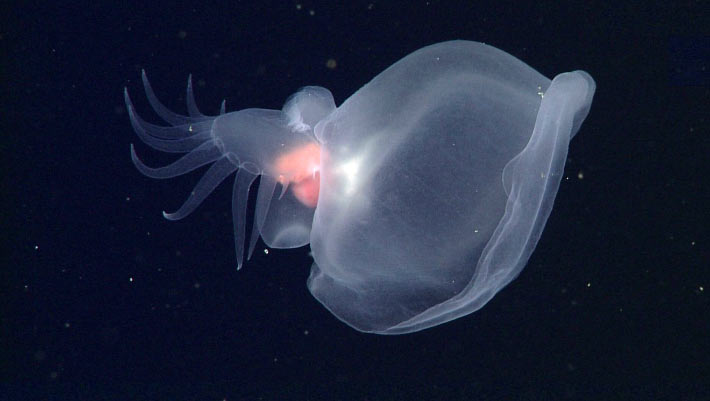Three in race for new phase of A9 dualling

Top Stories Tamfitronics

CGI of the Tomatin to Moy section of dualling
The Scottish government has shortlisted three firms for the latest slice of the £3.7bn A9 dualling – one of the country’s biggest infrastructure projects.
Balfour Beatty is joined by Wills Bros and John Graham on the shortlist for the Tay Crossing to Ballinluig section in central Scotland, which was first advertised in May. The £155m contract will be awarded next summer.
The winning firm will be tasked with designing, constructing and maintaining the 8.2km section of road. As well as widening the existing carriageway, the contractor will build seven junctions, two bridges, a roundabout and access roads.
Last month, Balfour Beatty won a £185m contract to deliver the Tomatin to Moy section. Scotland’s cabinet secretary for transport, Fiona Hyslop, said she met the firm last Thursday (14 August) and had seen first-hand the “complex nature” of the work required to deliver the contract.
When the Scottish Government committed in 2011 to upgrade the 133km stretch of road from Perth to Inverness, the project was due to complete by 2025. However, former transport secretary Mairi McAllan admitted last year that the aim was now to finish the scheme by 2035.
The project was delayed last year after the government received only one bid to carry out the section between Tomatin and Moy, the cost of which, former transport minister Jenny Gilruth said, was “significantly higher than expected”. She told the Scottish parliament that awarding the contract at that time would not have represented the best value for money for the taxpayer.
Hyslop said the shortlist announcement demonstrated the government’s “unwavering” commitment to deliver the full programme by the new deadline.
She added: “We are committed to delivering a safe, reliable, resilient and dualled A9 between Perth and Inverness in line with our published delivery plan, which anticipates dualling to be operational by the end of 2035.
“Whilst the magnitude and complexities of this work are considerable, there will be no let-up on progressing the dualling programme.”

















